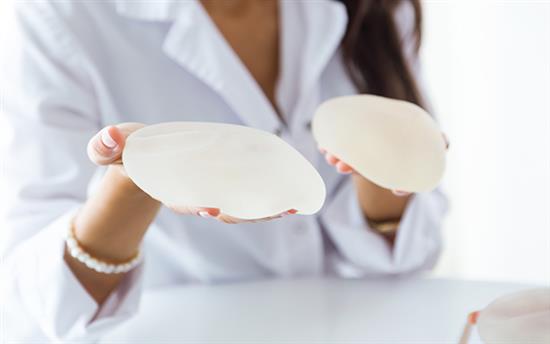
Since the first breast augmentation took place in *1962 in Houston, Texas, cosmetic surgery has been a big business all over the world. However, in 2010 a nationwide scandal occurred when it was discovered that French company PIP (Poly Implant Prothese) had been making breast implants using silicone from an unapproved source, and according to the French authorities they had a higher than usual rupture rate. They were consequently banned and the scandal peaked in December 2010 when France recommended the routine removal of all PIP implants. *The global health scare affected an estimated 300,000 women in over 65 countries with over 42,000 women in Britain alone receiving the implants.
The founder of the French company that made the PIP implants was charged with aggravated fraud over the scandal and according to BAAPS, there was a consequential dip in the demand for breast augmentation; dropping by *1.6%.
One result the PIP implants scandal has had on the cosmetic surgery industry is that those women still willing to undergo surgery are much better informed. In the first year following on from the scandal, questions specifically relating to PIPs came up in every consultation, such as who manufactured the implants, their product history, whether the implants had a warranty and their expected longevity.
Certainly, the most beneficial aspect has been the review of the industry in which *NHS Medical Director, Professor Sir Bruce Keogh stated that he was working with experts from the plastic surgery field to ensure higher degrees of safety measures. He also said: ‘There is already considerable support for a comprehensive register of significant surgical devices – from breast implants to heart valves to replacement joints. We will be looking critically at the value and feasibility of such a register and at how best to put this into action.’
From a surgeon’s point of view having a breast implant registry can only be a good thing – it ensures that anyone considering a breast augmentation will be in the safest possible hands with the best care and attention available.
If you are seeing a surgeon for a breast enlargement or reduction, important questions to ask include:
1. Are you certified by BAAPS (The British Association of Aesthetic Plastic Surgeons)?
2. How long have you been performing breast implant surgery for?
3. How many revisions of your work do you, on average, perform?
4. Can I see some before and after photos?
5. Can I speak with some of your past breast implant patients?
6. Is there someone on your staff who has been a patient, and can I speak to her?
7. If I don’t like the results / I have problems after my surgery, will a second operation be covered within the initial cost?
8. What are the different kinds of implants available and what would be suitable for me?
9. What breast size do you suggest for my frame?
10. What are the possible risks of breast implant surgery?
References
*1962 in Houston, Texas –
*The global health scare affected –
*1.6% –
**NHS Medical Director –
